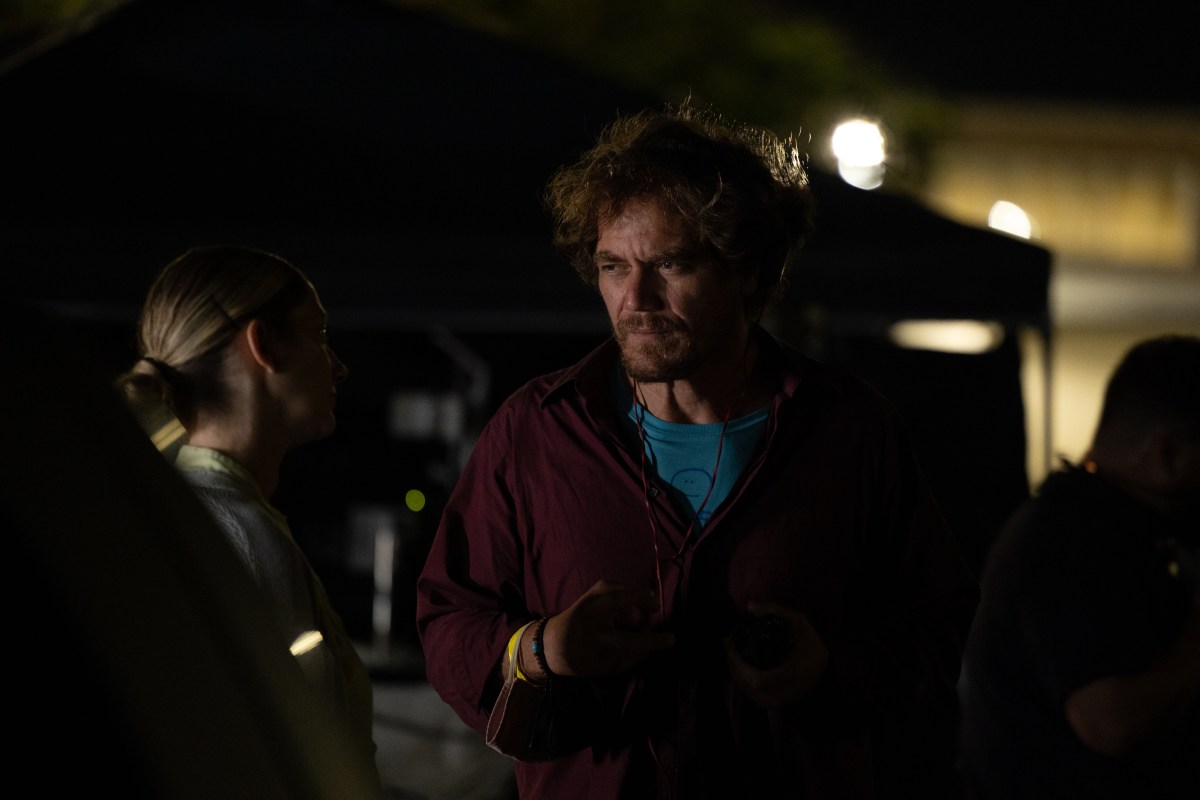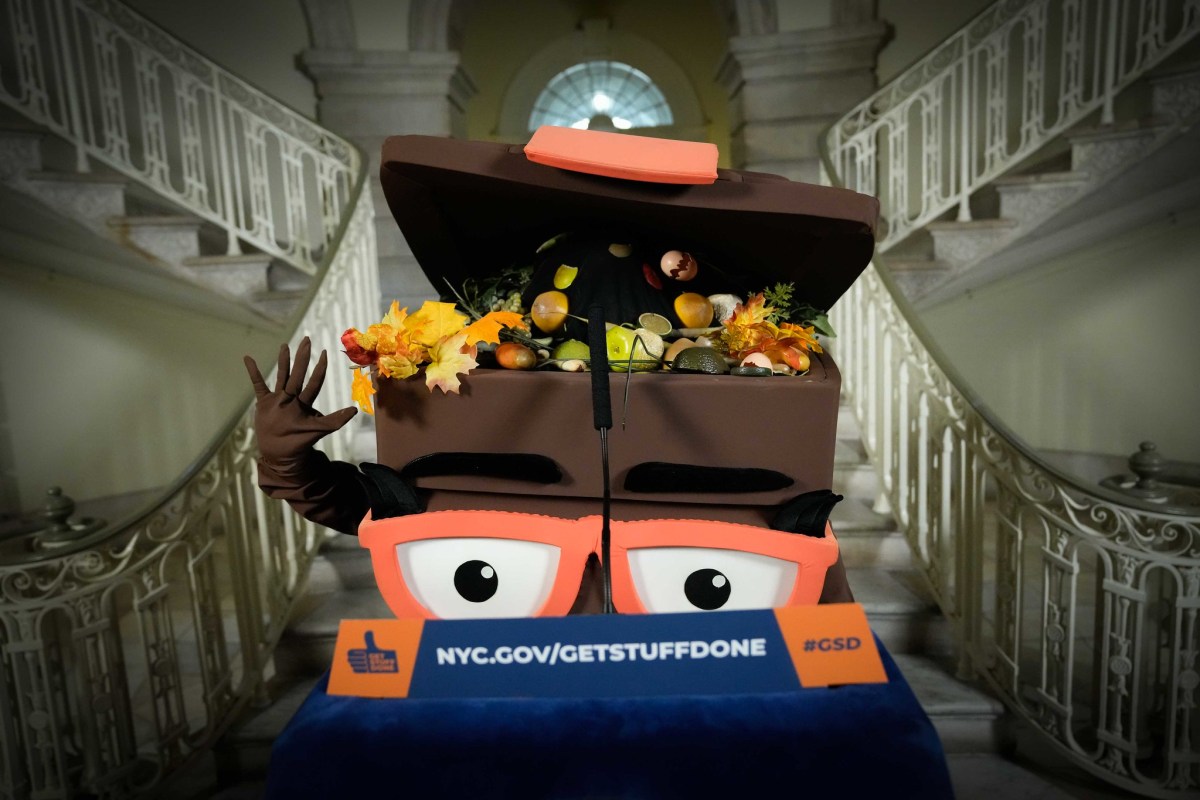
One of the world’s most famous eco-warriors will dock his ship along the Manhattan shoreline this week, just in time for Earth Day.
Capt. Paul Watson is the subject of a new documentary, simply titled “Watson,” which is slated to premiere Thursday at the Tribeca Film Festival. He is arriving in the Brigitte Bardot, a sleek interceptor vessel that has traveled to some of the far reaches of the globe for Sea Shepherd, his marine conservation organization.
Branded both as heroes and eco-terrorists, Watson and his crew had their aggressive tactics chronicled in the popular Animal Planet series, “Whale Wars.” The show captured them as they blocked whaling vessels with their own fleet of ships, actions Watson argued were necessary to enforce largely ignored rules outlawing hunting of the mammal.
Watson said his passion for the environment and marine life dates back more than four decades.
The subject of numerous books, television shows and films, Watson said he was impressed by director Lesley Chilcott’s work on “An Inconvenient Truth” and allowed her access to his archives.
“It really covers my life — it’s more than just ‘Whale Wars,’ " Watson told amNewYork in a phone interview. “It’s 42 years of campaigning on behalf of wildlife in the ocean.”
The Canadian-born Watson was one of the founding members of Greenpeace, but left because he felt its agenda was passive and ineffective.
“The message I try to get across to everybody is very simple,” Watson said. “If the oceans die, we all die.”
He was able to start Sea Shepherd with the help of New York City-based writer and animal activist Cleveland Amory.
“So if it wasn’t for him, we wouldn’t be here,” Watson said.
Watson’s work has also gained him a following among environmentally conscious celebrities, including Bardot, the French actress turned animal-rights activist.
While Sea Shepherd is best known for its confrontations with whaling vessels, it also undertakes beach and ocean cleanup work around the world, including at Coney Island and on Long Island.
Recently, volunteers with the group helped collect 34 tons of fish lines, fish gear and marine debris from Cocos Island National Park in Costa Rica. The material will be recycled into textile fiber for swimwear.
In New York, the rare sighting of a whale sparks excitement. Watson pointed out that the Long Island Sound used to be a home for beluga whales.
“I think people should be aware of the diminishment of wildlife in those waters,” he said.
He was heartened to hear that lawmakers are taking steps to ban single-use plastics in the city and remains hopeful for the future, pointing out that young people are more engaged and aware of environmental dangers.
“Back in 1972, we took out a billboard with the word ‘Ecology’ in big letters, and under in small letters, the message ‘Look it up,’ ” he said. “So, we’ve come a long way.”

































